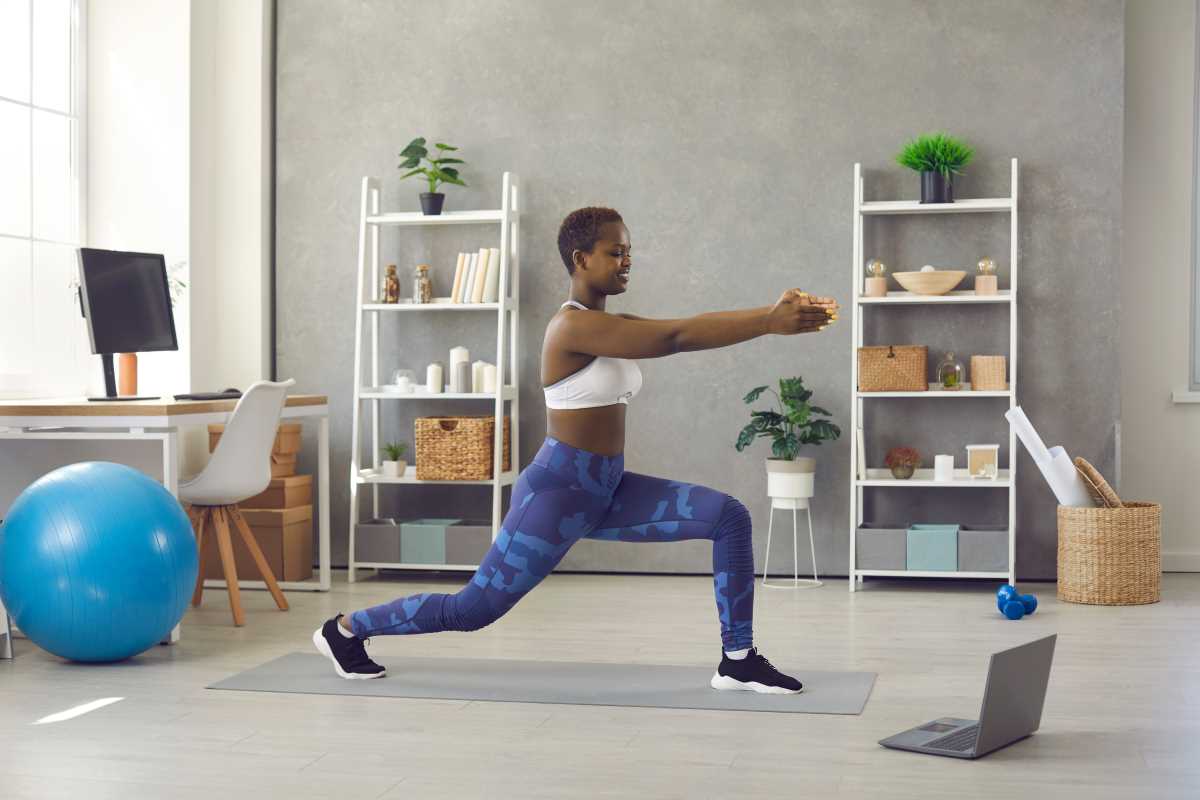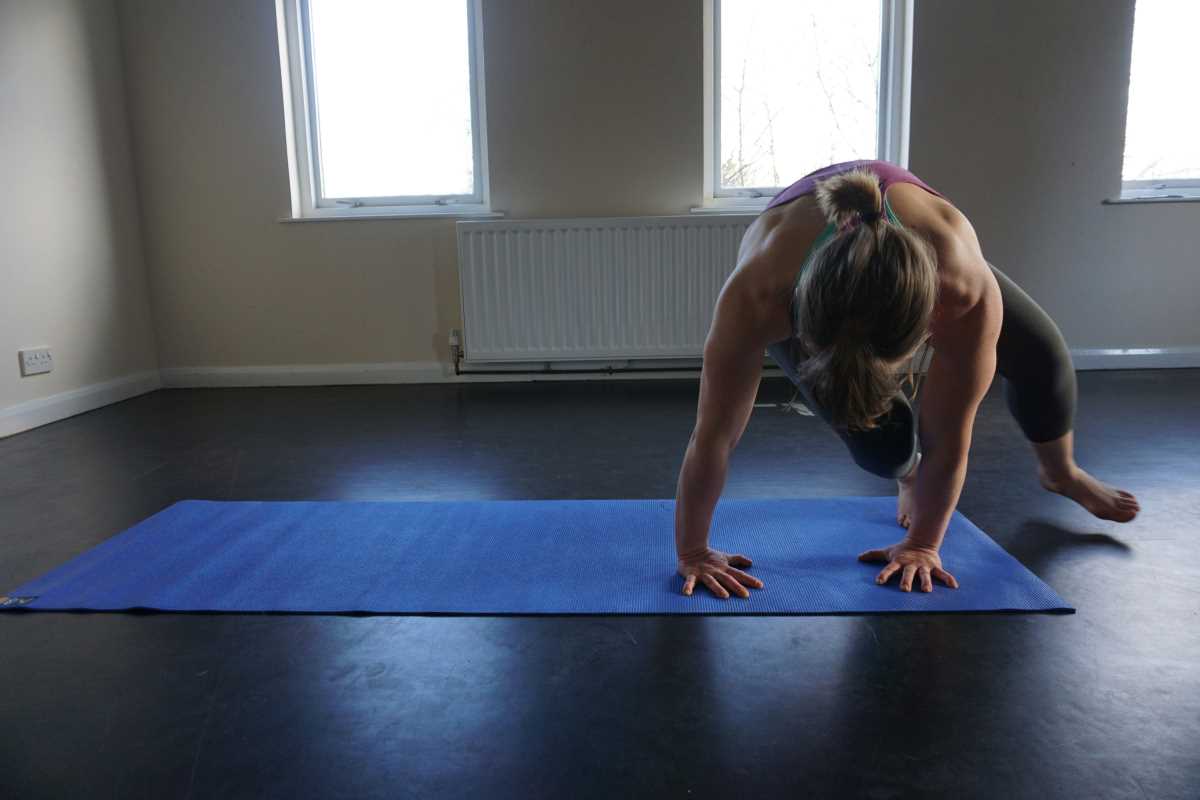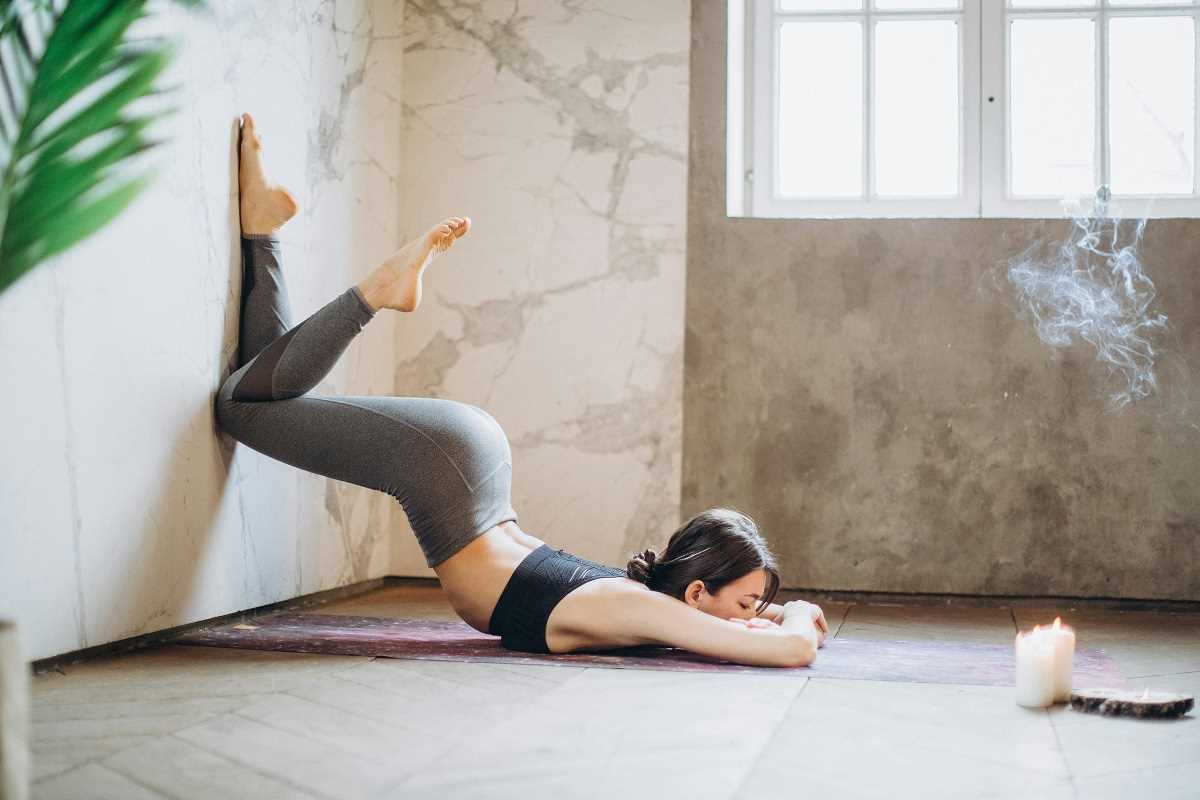Finding it hard to drift off into a restful slumber? You’re in good company. Countless individuals spend their nights wrestling with restlessness, eager for a rejuvenating sleep. Although there are endless sleep remedies out there, one strategy you might not have explored is adjusting your exercise routine. Personalizing your workouts can become a powerful tool in your journey towards improved sleep quality. Let’s explore how customizing your fitness regimen can help you enjoy a more peaceful and refreshing night's rest.
Understanding the Connection Between Exercise and Sleep
- Regulates Sleep Patterns: Regular physical activity establishes a consistent sleep schedule by reinforcing your body’s internal clock.
- Reduces Stress and Anxiety: Exercise releases endorphins, which alleviate stress and create a sense of calm, making it easier to unwind before bed.
- Enhances Sleep Quality: Engaging in physical activity increases the time spent in deep sleep, the most restorative sleep phase.
- Promotes Fatigue: Being physically tired from a good workout helps you fall asleep faster and reduces night awakenings.
Identifying Your Sleep Challenges
Before you customize your workout for better sleep, pinpoint what keeps you up at night. Take a moment to list the common sleep issues you face. Are you struggling with falling asleep, staying asleep, or waking up too early? Do you find your mind racing when you hit the pillow, or is physical discomfort the culprit? Understanding your specific challenges helps you tailor your exercise routine to address them effectively.
Customizing Your Workout for Better Sleep
Not all workouts improve sleep. Here are some types of exercises you might consider incorporating into your routine:
- Cardiovascular Exercises: Activities like running, cycling, or swimming increase your heart rate and body temperature, which may help you feel sleepy later.
- Strength Training: Lifting weights or doing bodyweight exercises builds muscle and contributes to overall fatigue, promoting better sleep.
- Yoga: Incorporating yoga enhances flexibility and reduces stress, making it easier to relax before bedtime.
- Pilates: Similar to yoga, Pilates focuses on core strength and controlled movements, aiding in physical and mental relaxation.
Finding the right mix of these exercises makes a significant difference. It’s all about what works best for your body and schedule. By experimenting with different types, you can discover which activities help you wind down and prepare for a restful night’s sleep.
Incorporating Relaxation Techniques
While exercise plays a crucial role in improving sleep, combining it with relaxation techniques amplifies the benefits. Practices such as deep breathing, meditation, or progressive muscle relaxation calm your mind and body after a workout. Integrating these techniques into your evening routine creates a seamless transition from physical activity to restful sleep.
Consider setting aside a few minutes after your workout to engage in these relaxation methods. This practice helps lower your heart rate, reduce muscle tension, and prepare your body for rest. Over time, your body associates these activities with bedtime, making it easier to drift off each night.
Tracking Your Progress
Monitoring your sleep and workout routines provides valuable insights into what works and what needs adjustment. Keeping a sleep journal or using a sleep-tracking app helps you identify patterns and make informed changes. Here are some tips to get you started:
- Record Your Workouts: Note the type, duration, and intensity of your exercises to see how they correlate with your sleep quality.
- Track Sleep Metrics: Pay attention to how long it takes you to fall asleep, how often you wake up during the night, and how refreshed you feel in the morning.
- Adjust Accordingly: Use the data you collect to tweak your workout routine. For example, if high-intensity workouts in the evening disrupt your sleep, try shifting them to earlier in the day.
By actively tracking and analyzing your progress, you make informed decisions that enhance both your fitness and sleep quality.
Customizing your workout routine can improve sleep by aligning exercise with your specific needs. Begin small, monitor your progress, and adjust as necessary to achieve restful sleep and physical wellness.
 (Image via
(Image via





